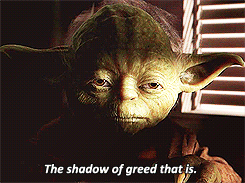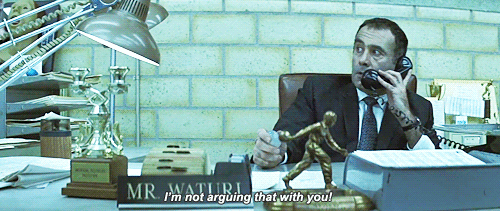CyranoJ
Ustuzou
- Joined
- Mar 5, 2015
- Posts
- 2,673
Dude, you have no idea...violent dark fantasy is what got me interested in noncon in the first place, lol.
Romance novels for me. Truefax.

Bramblethorn, you make a good point about the little, insidious things and the influence they can have. They're important in shaping my writing, too. On the other hand, before one even gets there:
Bramblethorn said:For example, I don't see "woman ravished by burglar" fiction as particularly problematic. Everybody understands that this is bad IRL, and there's little risk of anybody missing the distinction between reality and fantasy.
You'd think, right? But of course one of the central myths underpinning the multitude of everyday transgressions of consent that people do defend that you go on to mention is that "it's possible to like/want rape." Which, there's no way around it, noncon with a "pleasure" element feeds into at some level--in this sense the more "extreme" stuff is more honest, much as I can't bring myself to write it--and while people should be able to understand this is a conceit for the purpose of erotica... well, y'know, look on up the thread.
To take it afield from noncon for a sec: way back in the early Oughties when the Iraq War was ramping up, I noticed something about the pro-war narrative. Essentially, it was a narrative about a comic book version of reality. The whole idea was that you were going to solve the problems of the Middle East by going in and taking out one supervillain named Saddam Hussein; boom, everything would be happily ever after.
The people peddling that narrative -- at least the people around Dubya who were peddling it -- surely knew it for a convenient fiction, even if they were still profoundly overconfident about how well everything would turn out. But it struck me that a not-small number of adult American humans really believed that life could work like a comic book or a superhero movie. That this was a plausible way to solve complicated political problems.
Sometimes people do take the fantasy conceits of fiction too literally. They read comics and believe you can just sock evil in the jaw and make it go away. They read science fiction and believe colonizing Mars is a plausible alternative to preserving the environment. They watch action movies and try to build their masculinity around the implausible ideal on screen. They watch porn and try to make like pop shots to the face are a normal part of actual sex.
Unfortunately there isn't much that one can do about this except to try to support critical thinking at every opportunity outside of fiction.



